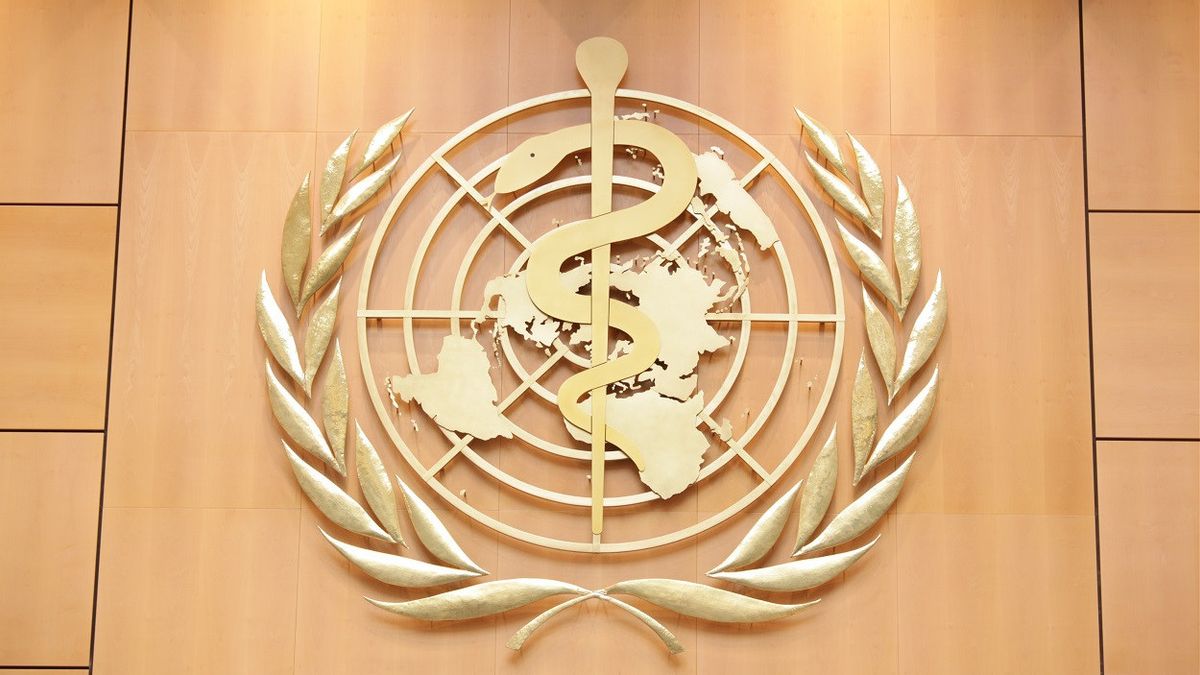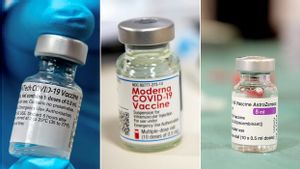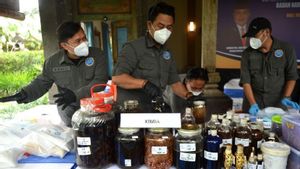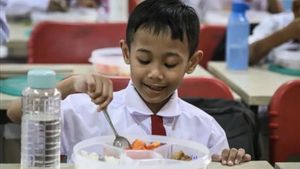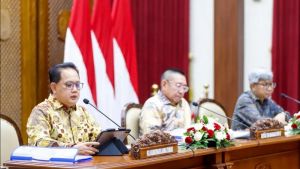JAKARTA - The Omicron variant of the coronavirus has been reported in 57 countries, with the number of patients requiring hospitalization likely to increase as it spreads, the World Health Organization (WHO) said on Wednesday.
In its weekly epidemiological report, the WHO said more data was needed to assess the severity of disease caused by the Omicron variant. And, whether the mutation could reduce protection from vaccine-derived immunity.
"Even if the severity is the same as or potentially lower than the Delta variant, it is predicted that hospitalizations will increase if more people become infected. There will be a time lag between the increase in the incidence of cases and the increase in the incidence of deaths," the WHO said in its report, citing Reuters on December 8.
On November 26, WHO declared the Omicron variant, which was first detected in southern Africa, as a worrying variant. It is the fifth SARS-CoV-2 strain to carry such a designation.
The number of COVID-19 cases reported in South Africa doubled in the week to December 5 to more than 62.000, with "very large" incidence increases having been seen in Eswatini, Zimbabwe, Mozambique, Namibia, and Lesotho, the WHO said.
The spread of Omicron, coupled with improved testing and low vaccination rates may have played a role, the WHO added.
Referring to the risk of reinfection, WHO said: "Preliminary analysis suggests that mutations present in the Omicron variant, may reduce the neutralizing activity of antibodies resulting in reduced protection from innate immunity."
"There is a need for more data to assess whether mutations present in Omicron variants may result in reduced protection from vaccine-derived immunity and data on vaccine effectiveness, including the use of additional vaccination doses," the WHO said.
SEE ALSO:
To note, the Omicron variant can partially evade the protection of two doses of the COVID-19 vaccine produced by Pfizer Inc and BioNTech, the head of laboratory research at the African Health Research Institute in South Africa said Tuesday, reporting on the results of a small study.
The English, Chinese, Japanese, Arabic, and French versions are automatically generated by the AI. So there may still be inaccuracies in translating, please always see Indonesian as our main language. (system supported by DigitalSiber.id)
